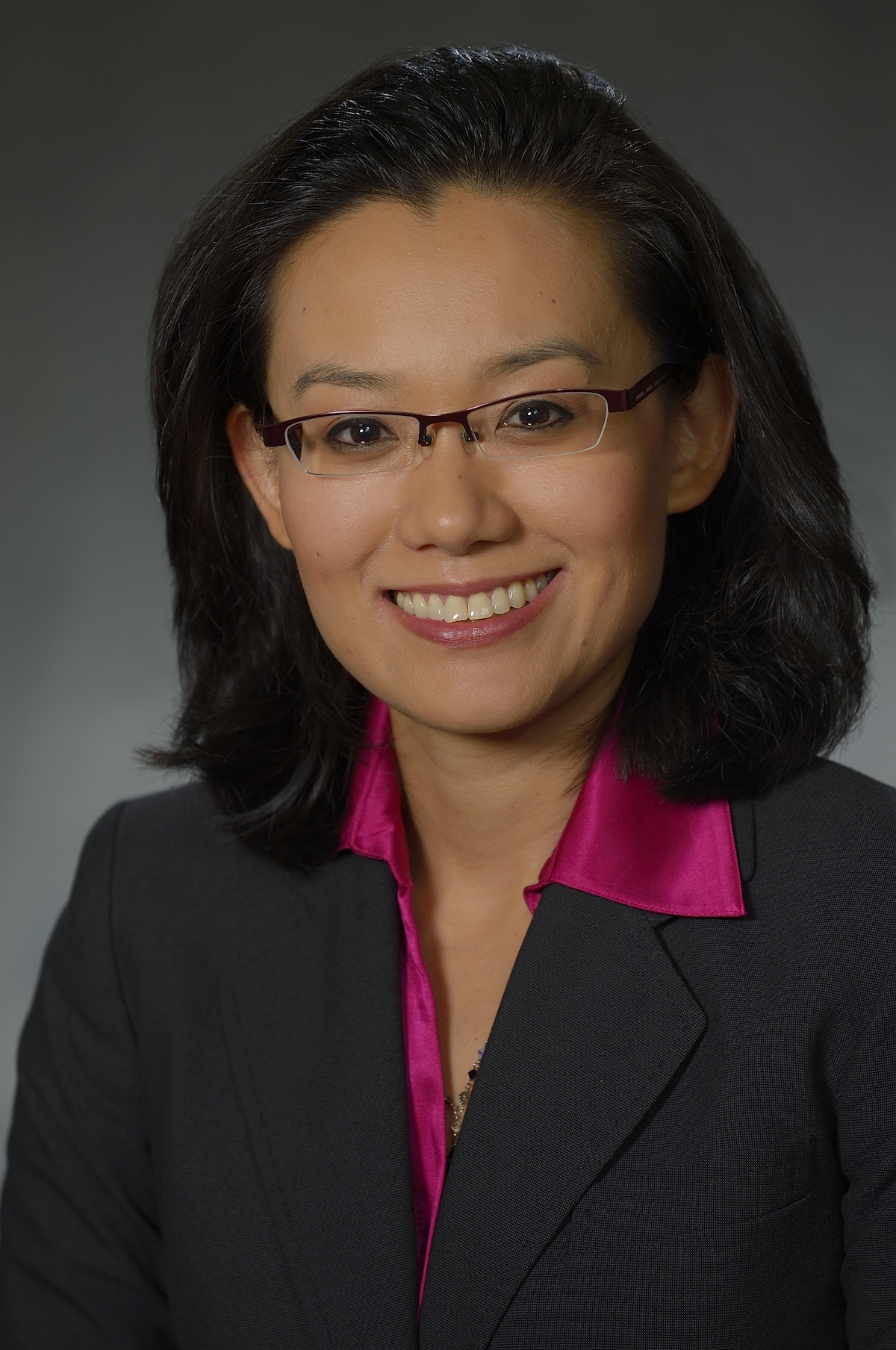
Emily Ko, MD
Implementation and Effectiveness of Supportive Care Programs to Improve Equity in Gynecologic Cancer
2024 Health Equity Research Grant Recipient
University of Pennsylvania
Implementation and Effectiveness of Supportive Care Programs to Improve Equity in Gynecologic Cancer
Project Summary
Health Equity Research Grant, Sponsored by GSK
Patients undergoing gynecologic cancer treatments frequently face practical barriers to receiving care including financial strain, transportation challenges, and emotional strain including difficulty coping with decision making and maintaining their daily work or other commitments. In addition, many patients suffer with the physical strain of dealing with treatment side effects.
Treatment decisions are sometimes even more difficult to make when trying to understand the value of clinical trials and whether or not to participate in clinical trials as part of cancer treatment. These challenges especially affect patients who are under-represented or of minority populations including Blacks, Hispanics, and Asians. To ensure that all patients have access to guidelines-concordant cancer care, we are developing a patient-supportive care program that addresses practical barriers to receiving care including financial toxicity, transportation assistance, and peer support, and evaluating whether this type of program can improve patients’ receipt of cancer care, avoid treatment delays, and improve their experience. We are specifically interested in learning from patient experiences to develop a toolkit that can be shared with other patients, families, and communities to help educate everyone on gynecologic cancer conditions, how to manage them, and how to reduce the burden of treatment. Our goal is to identify ways to ensure equity in receipt of gynecologic cancer care – in essence, to ensure that all patients can receive optimal care by addressing the practical barriers that patients face.
Bio
Emily Ko, MD, MSCR is an Associate Professor at University of Pennsylvania Perelman School of Medicine, Department of Obstetrics and Gynecology, Division of Gynecologic Oncology. As a board-certified gynecologic oncologist, she provides comprehensive care for all gynecologic cancers, pre-cancerous gynecologic conditions, and complex pelvic surgery. Additionally, she is a physician-scientist who pairs research with clinical experience to improve access and delivery of care, health care disparities, and patient outcomes. She has expertise in health services research including innovation, economics, policy, and data-science. She has a particular interest in improving disparities and access to clinical trials and improving awareness and management of endometrial cancer and serves on the NRG Uterine Corpus Committee. She has received research funding from the American Society of Clinical Oncologists, American Cancer Society, and National Institutes of Health. She serves as a UPenn Leonard Davis Institute of Health Economics Senior Scholar, Faculty of the Penn Center for Cancer Care Innovation, and member of the Abramson Cancer Control Program. She serves as a member of the editorial board of the journals “Obstetrics and Gynecology,” and “Gynecologic Oncology Reports.” Nationally, she serves as the Chair of the Society of Gynecologic Oncologists Health Policy and Socioeconomic Committee and leads many efforts to advocate and implement policies to improve gynecologic cancer care.